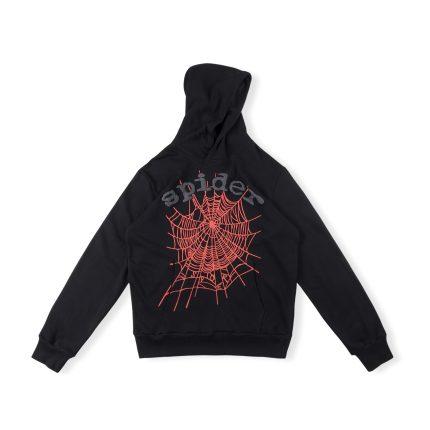Embarking on the journey of electronics as a hobby can be both exciting and rewarding. Whether you’re a beginner or an experienced enthusiast, having the right tools is crucial for a successful and enjoyable experience. In this blog, we’ll explore the essential tools that every electronics hobbyist should have in their toolkit.
Multimeter
The Swiss army knife of electrical tools is the multimeter. It allows you to measure voltage, current, and resistance, making it indispensable for troubleshooting and testing electronic circuits. Investing in a quality digital multimeter with various measurement capabilities can significantly enhance your ability to diagnose and understand electronic components.
Soldering Iron and Solder
Soldering is a fundamental skill in electronics, and a reliable soldering iron is a must-have tool. Whether you’re assembling a kit or repairing a circuit, a good soldering iron with adjustable temperature control ensures clean and precise solder joints. Additionally, having a variety of solder types and sizes in your arsenal is essential for different projects.
Wire Strippers
Working with wires is a common task in electronics projects. A pair of wire strippers makes the process of removing insulation from wires quick and precise. Look for a tool with multiple gauge options to accommodate various wire sizes commonly used in electronic projects.
Breadboard
A breadboard is a prototyping tool that allows you to build and test circuits without soldering. It consists of a grid of holes where you can insert electronic components and connect them using jumper wires. Breadboards are invaluable for experimenting with circuit designs before committing to a permanent soldered layout.
Jumper Wires
Jumper wires are essential for creating connections on a breadboard or between different points on a circuit. These flexible wires come in various lengths and colors, enabling you to keep your projects organized and easy to understand. Consider investing in a set with pre-cut wires of different sizes to simplify your prototyping process.
Diagonal Cutters
Diagonal cutters, also known as wire cutters or snips, are crucial for cutting and trimming wires, leads, and component legs. A quality pair of diagonal cutters ensures clean cuts, minimizing the risk of damaging components or leaving sharp edges. Look for cutters with a comfortable grip for extended use.
Needle-Nose Pliers
Needle-nose pliers are versatile tools with long, pointed jaws, making them ideal for gripping, bending, and manipulating small components. They come in handy when working in tight spaces on a circuit board or when precision is crucial. Look for pliers with a comfortable grip and smooth action.
Desoldering Pump or Solder Wick
Mistakes happen, and having a reliable method to desolder components is essential. A desoldering pump or solder wick helps you remove solder from joints, allowing you to correct errors or salvage components for reuse. These tools are particularly useful when working on projects that require modifications or upgrades.
Power Supply
A stable and adjustable power supply is essential for providing a controlled voltage to your circuits. Whether you’re testing a newly built circuit or powering a specific component, a power supply gives you the flexibility to choose the voltage and current settings. Look for a power supply with sufficient capacity for your projects and adjustable voltage and current limits.
Oscilloscope
While not strictly necessary for beginners, an oscilloscope is a powerful tool for visualizing and analyzing electronic signals. It allows you to observe the waveform of signals, helping you troubleshoot and understand the behavior of your circuits. Investing in a basic oscilloscope can significantly enhance your ability to diagnose and optimize your projects.
Screwdrivers and Nut Drivers
Electronic projects often involve assembling or disassembling components secured with screws or nuts. A set of precision screwdrivers and nut drivers in various sizes ensures that you have the right tool for the job. Magnetic tips can be particularly helpful in handling small screws and preventing them from getting lost.
Component Storage
Organizing and storing electronic components is crucial for efficiency and preventing loss. Invest in a collection of small storage containers, drawers, or a component organizer to keep resistors, capacitors, integrated circuits, and other small parts neatly sorted. Labeling each compartment helps you quickly locate the components you need for a project.
Conclusion
Building and experimenting with electronics is a fulfilling and educational hobby. By equipping yourself with the essential tools mentioned above, you’ll be well-prepared to tackle a wide range of projects. Whether you’re a beginner or a seasoned electronics hobbyist, having the right tools at your disposal ensures a smooth and enjoyable experience in the world of electronics. As you grow in your skills and take on more complex projects, you may find additional specialized tools that suit your needs. Happy tinkering!




